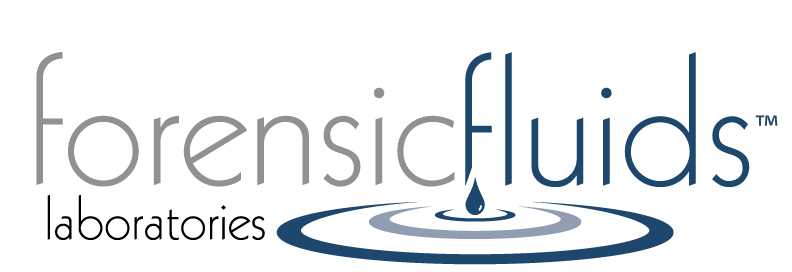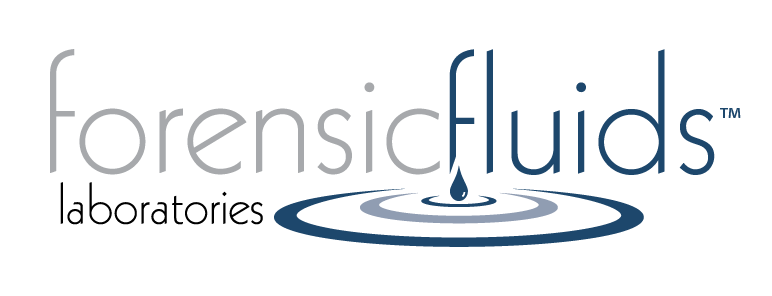The accuracy, dependability, and chain of custody of drug test results is a matter of utmost concern and significance. Forensic Fluids Laboratories provides the following information in order to help attorneys and others in the legal field to better understand drug testing processes and results.
Legal Education
- The Case for Using Saliva
- Drug Screening
- Drug Confirmation
- Court Use & Admissibility
Oral fluid (saliva) test results give you an actual drug concentration of what is in the body at the time of the test, that is, the measure of impairment. This stands in contrast to urine test results, which measure metabolites, by-products of the substance after-the-fact, which may not correspond with impairment at all. In this way, saliva is equivalent to serum from a blood drug test. This is collected via a swab to the mouth instead of a needle to the arm.
Further justification for the use of saliva is that, unlike the urine collection process, the entire collection procedure is monitored and witnessed, making tampering with the test sample impossible.
A drug screen is just that: a screen, chemically called a presumptive positive. The screening process indicates whether a sample is negative or positive for a certain drug or certain group of drugs (e.g., Opiates and Methamphetamines are groups of drugs, whereas PCP is a single drug), but does not give you a quantitative value or number.
Forensic Fluids Laboratories uses FDA approved ELISA (Enzyme Linked ImmunoSorbent Assay) plates for all of our drug screens. These plates are coated with antibodies, the protein that immune systems use to identify and neutralize foreign objects and substances. To these plates, a test sample (urine, blood, saliva, hair, or other substance) is added to which the antibodies react. If there is a strong enough reaction, then the drug is greater than the screen’s threshold level, and the test sample may be considered positive.
It’s important to note that the antibodies will also cross-react with other chemicals or drugs that are structurally similar to the drug being tested. For example, Ephedrine and other cold pills cross-react with a Methamphetamine or Amphetamine screen, causing a false positive. False positives may also occur due to reactions with other medications as well.
The screening process is used to distinguish the negative screens from those that are presumptive positive. All of those screens considered positive are followed by “confirmation” via LC/MS/MS (liquid chromatography, tandem mass spectrometry), for conclusive identification and quantitation.
A drug confirmation is the process of chemically identifying and quantitating a drug using highly sensitive and precise instruments called mass spectrometers (MS). Mass Spectrometers can identify a drug carbon by carbon and hydrogen by hydrogen. Each drug is structurally different, has a different mass. Unlike a screen, mass spectrometers can uniquely identify similarly-structured substances. Using our earlier example, ephedrine (and other cold-treating substances) are easily distinguished from methamphetamine and amphetamine.
Furthermore, Forensic Fluids Laboratories uses a tandem mass spectrometer (MS/MS), one of the most sensitive instruments available. This tandem mass spectrometer is both more accurate and more sensitive than single mass spectrometry, detecting to greater detail and to lower levels.
Saliva test results have been admitted in all of the states that Forensic Fluids Laboratories has testified in, including: Indiana, Michigan, Illinois, Ohio, Missouri, Arizona, and California. Most state statutes will allow the testing of any “bodily fluid” for court purposes, and our expert witness toxicologists stand behind and testify to Forensic Fluids’ results. Lab Director Bridget L. is a Forensic Toxicologist with more than 30 years of experience in toxicology and pharmacology. This experience includes court testimony as an expert witness, aiding the central crime lab of the Kentucky State Police, and assisting the South Bend Medical Foundation, a previous SAMHSA laboratory. SAMHSA approved oral fluid in 2012 and released the multiple guidelines for testing (the latest in November, 2019).
Contact Us!
(866) 492-2517
Contact Form

